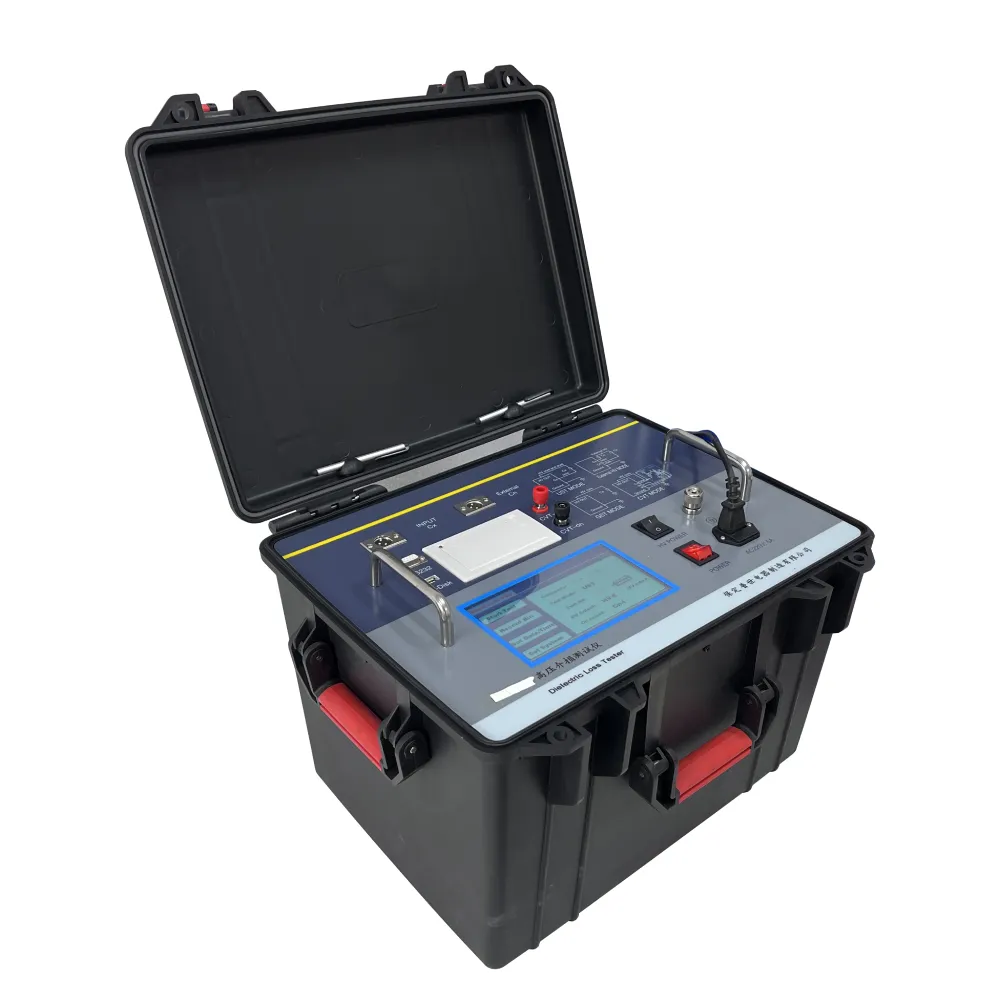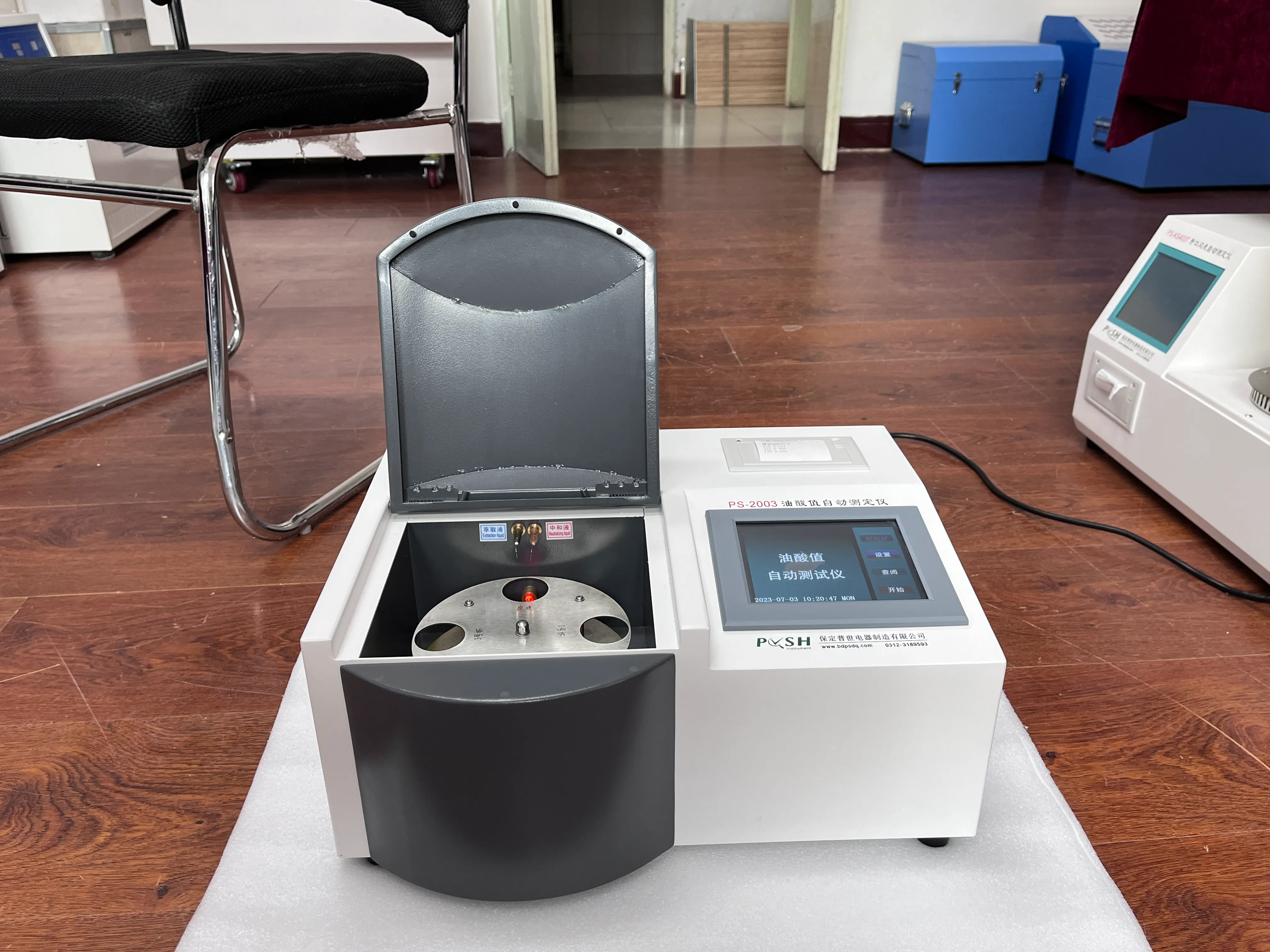TEL:
+86-0312-3189593
 English
English

Telephone:0312-3189593

Email:sales@oil-tester.com

-
 Afrikaans
Afrikaans -
 Albanian
Albanian -
 Amharic
Amharic -
 Arabic
Arabic -
 Armenian
Armenian -
 Azerbaijani
Azerbaijani -
 Basque
Basque -
 Belarusian
Belarusian -
 Bengali
Bengali -
 Bosnian
Bosnian -
 Bulgarian
Bulgarian -
 Catalan
Catalan -
 Cebuano
Cebuano -
 China
China -
 China (Taiwan)
China (Taiwan) -
 Corsican
Corsican -
 Croatian
Croatian -
 Czech
Czech -
 Danish
Danish -
 Dutch
Dutch -
 English
English -
 Esperanto
Esperanto -
 Estonian
Estonian -
 Finnish
Finnish -
 French
French -
 Frisian
Frisian -
 Galician
Galician -
 Georgian
Georgian -
 German
German -
 Greek
Greek -
 Gujarati
Gujarati -
 Haitian Creole
Haitian Creole -
 hausa
hausa -
 hawaiian
hawaiian -
 Hebrew
Hebrew -
 Hindi
Hindi -
 Miao
Miao -
 Hungarian
Hungarian -
 Icelandic
Icelandic -
 igbo
igbo -
 Indonesian
Indonesian -
 irish
irish -
 Italian
Italian -
 Japanese
Japanese -
 Javanese
Javanese -
 Kannada
Kannada -
 kazakh
kazakh -
 Khmer
Khmer -
 Rwandese
Rwandese -
 Korean
Korean -
 Kurdish
Kurdish -
 Kyrgyz
Kyrgyz -
 Lao
Lao -
 Latin
Latin -
 Latvian
Latvian -
 Lithuanian
Lithuanian -
 Luxembourgish
Luxembourgish -
 Macedonian
Macedonian -
 Malgashi
Malgashi -
 Malay
Malay -
 Malayalam
Malayalam -
 Maltese
Maltese -
 Maori
Maori -
 Marathi
Marathi -
 Mongolian
Mongolian -
 Myanmar
Myanmar -
 Nepali
Nepali -
 Norwegian
Norwegian -
 Norwegian
Norwegian -
 Occitan
Occitan -
 Pashto
Pashto -
 Persian
Persian -
 Polish
Polish -
 Portuguese
Portuguese -
 Punjabi
Punjabi -
 Romanian
Romanian -
 Russian
Russian -
 Samoan
Samoan -
 Scottish Gaelic
Scottish Gaelic -
 Serbian
Serbian -
 Sesotho
Sesotho -
 Shona
Shona -
 Sindhi
Sindhi -
 Sinhala
Sinhala -
 Slovak
Slovak -
 Slovenian
Slovenian -
 Somali
Somali -
 Spanish
Spanish -
 Sundanese
Sundanese -
 Swahili
Swahili -
 Swedish
Swedish -
 Tagalog
Tagalog -
 Tajik
Tajik -
 Tamil
Tamil -
 Tatar
Tatar -
 Telugu
Telugu -
 Thai
Thai -
 Turkish
Turkish -
 Turkmen
Turkmen -
 Ukrainian
Ukrainian -
 Urdu
Urdu -
 Uighur
Uighur -
 Uzbek
Uzbek -
 Vietnamese
Vietnamese -
 Welsh
Welsh -
 Bantu
Bantu -
 Yiddish
Yiddish -
 Yoruba
Yoruba -
 Zulu
Zulu
gen. . 20, 2025 07:24
Back to list
gas chromatography liquid chromatography
Gas chromatography (GC) and liquid chromatography (LC) represent two pivotal methodologies in the realm of analytical chemistry. While both are devised to separate chemical mixtures, their applications and methodologies differ significantly, making them invaluable in a plethora of fields, including pharmaceuticals, environmental testing, and food analysis.
Similarly, LC has evolved with the advent of Ultra-Performance Liquid Chromatography (UPLC), which reduces analysis time without compromising resolution. Coupled with triple quadrupole mass spectrometers, LC-MS/MS systems enable the detection and quantification of biomolecules in complex matrices, crucial for pharmacokinetic studies and biomarker discovery. Professionals in analytical laboratories can attest to the substantial impact these technologies have had. Long gone are the days of labor-intensive processes; automation and method optimization have exponentially increased the throughput and reliability of results, expediting research and quality control processes. Trustworthiness in results delivered by these techniques is paramount. Reproducibility and precision are ensured through rigorous calibration, validation processes, and adherence to standards set by organizations such as ISO and FDA. Analysts are continuously trained to maintain these high standards, reflecting years of accumulated expertise and authority in the field. As chromatography further integrates with digital technologies, the future promises even greater advancements. Online monitoring through real-time analytics is becoming possible, allowing for immediate adjustments and enhanced decision-making in industrial processes. In summary, gas chromatography and liquid chromatography have distinctly carved their niches through unique separation mechanisms, complementing each other rather than competing. The choice between them depends on the nuances of the analytical challenge at hand, underscoring the importance of having a robust understanding of both methodologies to harness their full potential efficiently. The synergy between technical innovation and deep-rooted expertise remains the cornerstone of their success, ensuring reliability and authority in diverse scientific and industrial applications.


Similarly, LC has evolved with the advent of Ultra-Performance Liquid Chromatography (UPLC), which reduces analysis time without compromising resolution. Coupled with triple quadrupole mass spectrometers, LC-MS/MS systems enable the detection and quantification of biomolecules in complex matrices, crucial for pharmacokinetic studies and biomarker discovery. Professionals in analytical laboratories can attest to the substantial impact these technologies have had. Long gone are the days of labor-intensive processes; automation and method optimization have exponentially increased the throughput and reliability of results, expediting research and quality control processes. Trustworthiness in results delivered by these techniques is paramount. Reproducibility and precision are ensured through rigorous calibration, validation processes, and adherence to standards set by organizations such as ISO and FDA. Analysts are continuously trained to maintain these high standards, reflecting years of accumulated expertise and authority in the field. As chromatography further integrates with digital technologies, the future promises even greater advancements. Online monitoring through real-time analytics is becoming possible, allowing for immediate adjustments and enhanced decision-making in industrial processes. In summary, gas chromatography and liquid chromatography have distinctly carved their niches through unique separation mechanisms, complementing each other rather than competing. The choice between them depends on the nuances of the analytical challenge at hand, underscoring the importance of having a robust understanding of both methodologies to harness their full potential efficiently. The synergy between technical innovation and deep-rooted expertise remains the cornerstone of their success, ensuring reliability and authority in diverse scientific and industrial applications.
Previous:
Latest news
-
Testing Equipment Industry Sees Major Advancements in 2025: Smart & Precision Technologies Lead the WayNewsJun.06,2025
-
Applications of Direct Current Generators in Renewable Energy SystemsNewsJun.05,2025
-
Hipot Tester Calibration and Accuracy GuidelinesNewsJun.05,2025
-
Digital Circuit Breaker Analyzer Features and BenefitsNewsJun.05,2025
-
Benefits of Real-Time Power Quality Monitoring Devices for Industrial EfficiencyNewsJun.05,2025
-
Earth Fault Loop Testing in High-Rise Building Electrical SystemsNewsJun.05,2025



